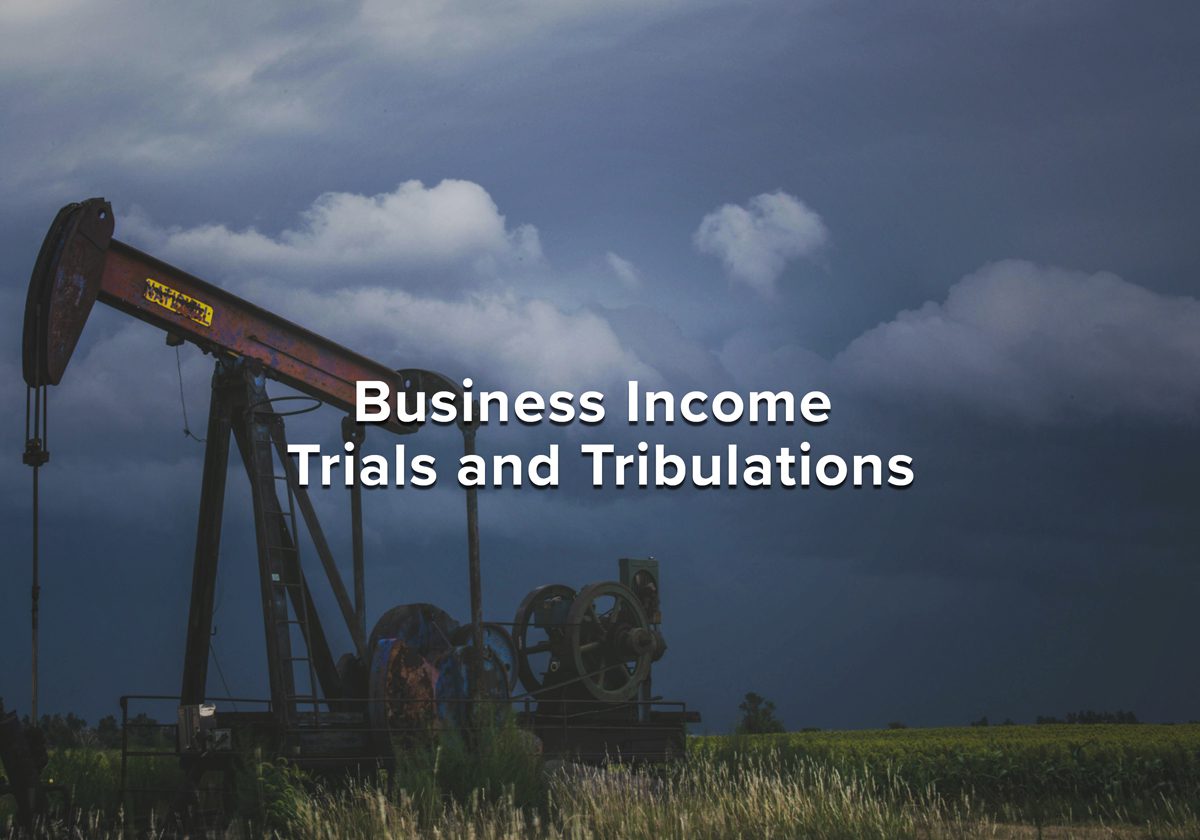The Ohio Department of Taxation recently issued two final determinations that consider the question of whether income or loss is business income (or loss). The two final determinations raise questions of the standard to be applied when the activity is in a pass-through entity versus engaged in directly by the taxpayer and, at least in the latter circumstance, the extent of the owner’s activities. The question is important for purposes of the business income deduction and lower tax rate on business income (“BID”) and (for nonresidents) whether the income is taxed in Ohio.
The first final determination, Kirby, involves income from gas and oil leases regarding properties that appear to be owned directly (versus an interest in an entity), which the Department determined was nonbusiness income ineligible for purposes of the BID. The Department rejected the taxpayer’s argument that she was in the business of leasing oil and gas properties, noting that she acknowledged that she inherited the properties. The Department further determined that the taxpayer had not provided any support for the assertion that her ownership and activities constituted a business. Finally, the Department stated that the standard for Ohio’s BID was not the same as the IRC Sec. 199 domestic production activity treatment of income for federal purposes. While the personal income tax does not incorporate IRC Sec. 199, it does incorporate federal definitions where not otherwise defined in the Ohio Revised Code.
In the second final determination, Nodelman, the Department held that a loss from pass-through entity interests was a business loss that reduced the amount of business income eligible for the BID. The final determination states that the owner did not have to actively participate in the business for the income (loss) to be business income (loss). The character of the activity as business income in the pass-through entities was sufficient because the character of the income (loss) flows through to the owners of the pass-through entities. The final determination does not detail the pass-through entities’ activities or how the Department determined the pass-through entities were operating a business.
While the facts stated in both final determinations are limited,[1] they raise interesting questions. The first final determination suggests that operations engaged in directly by an individual might be considered nonbusiness income, particularly if the individual is not an employee or officer of the operations. The second determination suggests that activities engaged in by a pass-through entity might be considered business income. Thus, one may consider whether, if the oil and gas property had been in a separate legal entity, would the income have been considered business income? How important are the owner’s activities in either situation? The first determination appeared to be applying a standard similar to the federal passive activity provisions by measuring how active the owner is in the operations. The second determination disregards the owner’s activities. While the answers remain unclear and may vary widely depending on the facts, these determinations alert taxpayers and practitioners to consider the owner’s activities, whether the activity is in a separate legal entity, and the federal income tax treatment of such activity.
If you would like to further discuss the contents of this post please reach out to Deb McGraw or any of our ZHF professionals.
[1] Neither of the taxpayers in the two matters requested a hearing, which may explain the dearth of facts stated in the final determinations.


